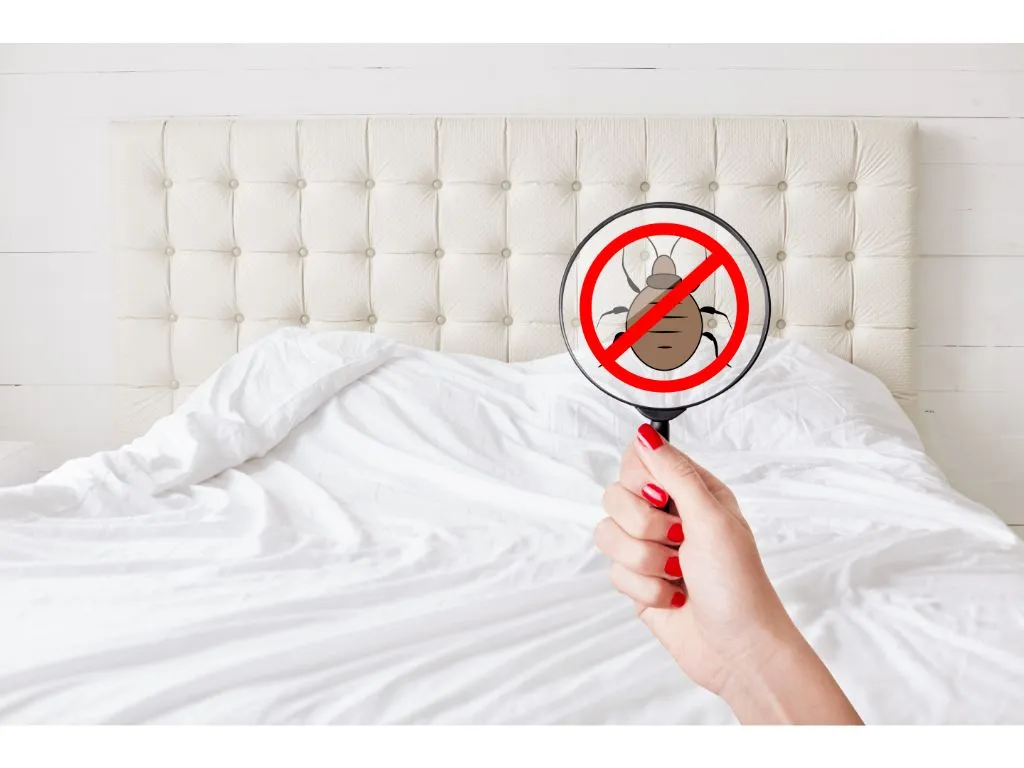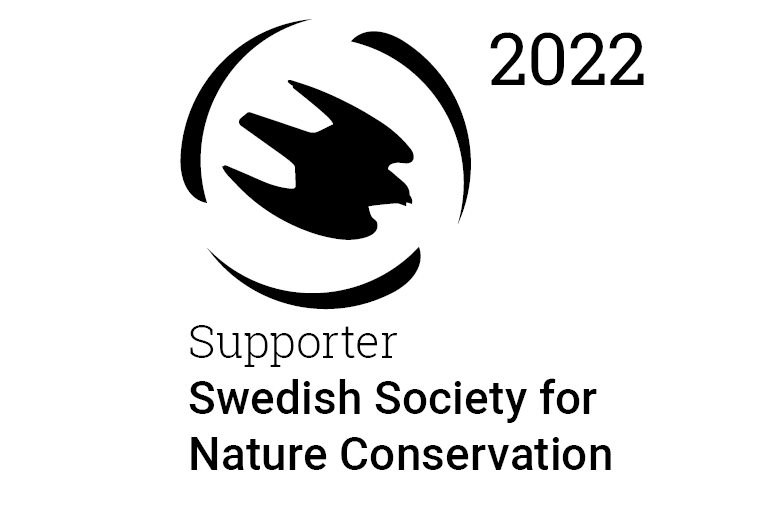- Home
- News Details
News Details

South Korea: Emergency approval of 8 bedbug insecticides by NIER
2023-11-15 Reference source : MOE
On November 10, 2023, the head of the National Institute for Environmental Research (NIER, Director Geum Han-Seung) under the Ministry of Environment (MoE) announced that it would urgently approve eight products in the neonicotinoid family of insecticides (DinoTepuran) so that they can be used to control bedbugs. DinoTepuran is an insecticide that has already been registered and approved in the United States and Europe and has already registered in Korea for mosquitoes, flies, and cockroaches in Korea.
Domestic and international studies have shown that bedbugs that have recently emerged are resistant to Piresloid-based pesticides and are less effective.
NIER held discussions with experts on November 7 to review the possibility of emergency approval for the neonicotinoid family of pesticides, and a meeting with product producers was held on November 9 to confirm the intent to participate, manufacturing, and supply and demand of raw materials and emergency approval.
The emergency approval of the neonicotinoid family of insecticides is based on the fact that they are registered and used for the control of mosquitoes, flies, and cockroaches, and that, in addition to the effectiveness of the insecticide against bedbugs, their safety for humans and the environment has already been verified during the registration process.
All eight urgently approved products are only approved for controlled use by professional quarantine workers, and household (health) pesticides were excluded from the emergency approval.
However, the National Institute of Environmental Research immediately initiated follow-up approval procedures such as safety verification, so that neonicotinoid-based pesticides can be used for household use and plans to quickly identify other pesticides that are less resistant.
Chemical control of pests can inevitably cause resistance problems and affect the human body and the environment, said the head of the NIER. "Physical control such as steam, high temperature treatment, and vacuum cleaning should be prioritized, and chemical control (use of insecticides) should be used only where necessary taking into account the use, capacity and precautions to prevent exposure to the human body."
We acknowledge that the above information has been compiled from MOE.
Global Product Compliance (GPC) specializes in Global Regulatory Compliance Solutions across sectors
globally. SSS Europe, a familiar name in chemical regulatory and compliance services now formally belongs
under the umbrella of GPC Holding Sweden.
Since 2008, we have emerged as one of the leading names among Global Regulatory Compliance Service
Providers with Representation services in Europe, Asia and Middle East for respective chemical
regulations.


